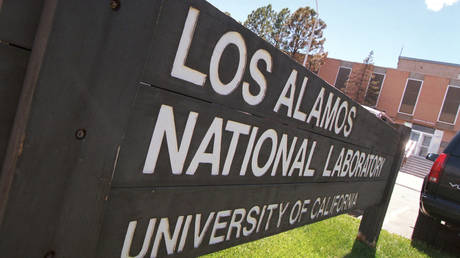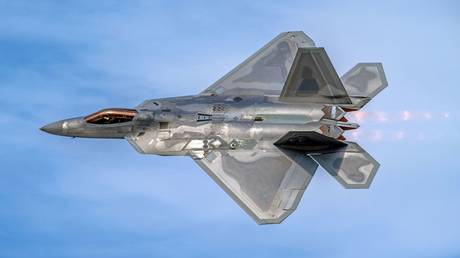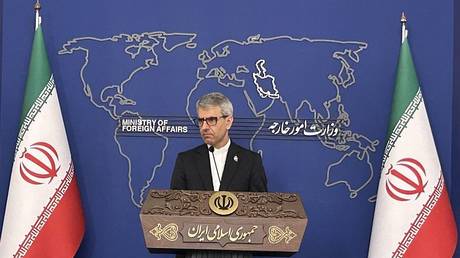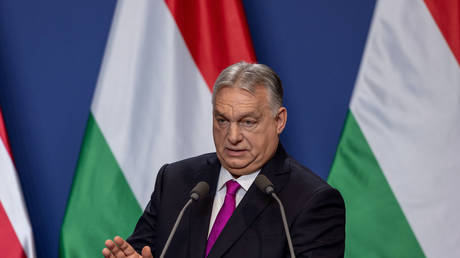
Los Alamos lab no longer has a set date for meeting its plutonium manufacturing target
The government agency responsible for the US nuclear stockpile has dropped a previous deadline for ramping up production of a key atomic weapons part at Los Alamos National Laboratory, lending credence to concerns about delays and cost overruns voiced by some lawmakers.
The National Nuclear Security Administration (NSAA), an agency in the Department of Energy, delivered its latest Stockpile Stewardship and Management Plan to Congress on Monday.
The Associated Press (AP) pointed out the absence of the deadline for ramping up production of plutonium pits – basic components of thermonuclear weapons – at the historic New Mexico facility. Last year’s report said Los Alamos would be manufacturing 30 pits per year (ppy) by 2026.
The NSAA seeks to produce 80 plutonium pits annually, with the Savannah River Site in South Carolina scheduled to ramp up production to 50 ppy by 2030.
The agency needs to “advance the science and mature the engineering,” complete ongoing equipment upgrades “to optimize the pit production process flow” and expand the workforce at Los Alamos to achieve the 30 ppy mark, the latest update said.
The White House is requesting $18.8 billion for nuclear weapons activities, including $5.6 billion for modernization of production, AP noted. Some lawmakers questioned the ability of the agency to deliver within the budgetary and time constraints.
“It is not unreasonable for Congress to ask you to tell us how long a project is going to take and how much it’s going to cost in exchange for our forking over billions of dollars,” Senator Elizabeth Warren of Massachusetts told the NNSA administrator, Undersecretary Jill Hruby, during a recent congressional hearing.
“I suggest that’s what NNSA be required to do before we give them another penny,” she added.
The Pentagon and the Department of Energy are pursuing an ambitious program to beef up the US nuclear arsenal, saying the country needs to keep pace with rivals Russia and China.
The Russian leadership has said its own modernization and development of nuclear deterrence is necessitated by growing threats of conventional warfare posed by the expansion of NATO in Europe.




